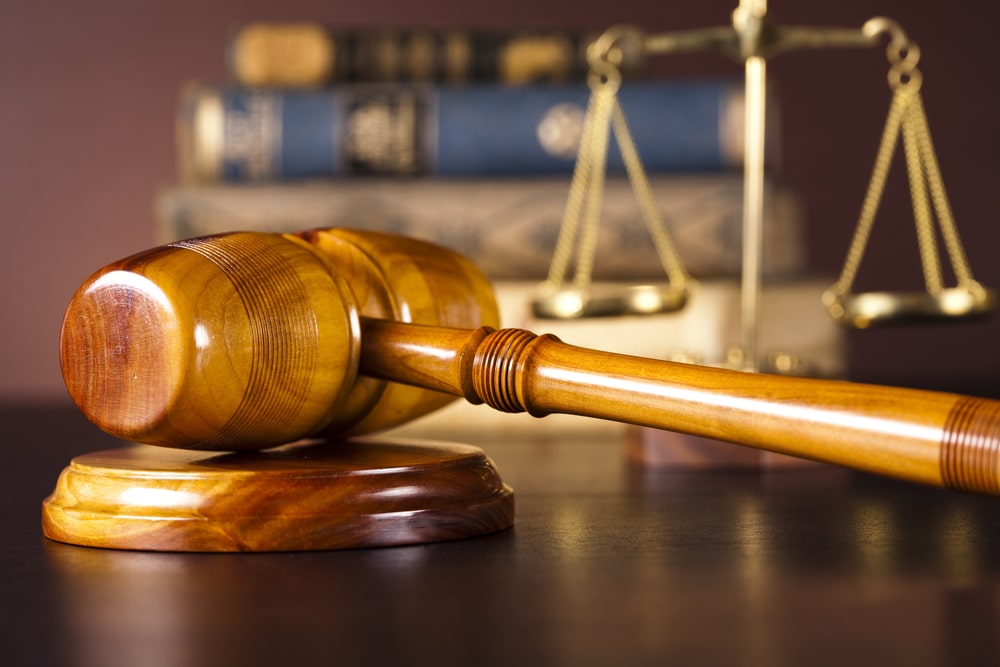Discovering your child has been a victim of sexual assault is an unimaginably distressing experience, filled with confusion and concern for their immediate and long-term wellbeing. As a parent or guardian, your support is crucial in helping them navigate the recovery process, safeguard their health and emotional state, and explore legal options for justice. Here’s how you can help your child through this difficult time.
Immediate Steps To Take
- Ensure Your Child’s Safety: Your first priority is to ensure your child is no longer in immediate danger. Remove them from the vicinity of the perpetrator and ensure they are in a safe and secure environment.
- Seek Immediate Medical Care: It’s vital to have a healthcare professional examine your child, even if there are no apparent physical injuries. Medical professionals can address potential health concerns, conduct tests for sexually transmitted infections, and perform a forensic examination if appropriate.
- Preserve Any Evidence: If your child is comfortable and it’s feasible, try to preserve evidence of the assault. This may include not washing clothes worn during the incident or documenting any physical injuries. This evidence can be crucial if you decide to pursue legal action.
- Reporting the Assault: Deciding whether to report the assault to law enforcement can be a complex decision, influenced by your child’s wishes and wellbeing. It’s important to discuss this option with them, emphasizing that reporting can play a key role in holding the perpetrator accountable.
Emotional Support And Professional Counseling
- Provide Emotional Support: Let your child know you believe them, support them, and are there for them. This unconditional support is critical for their emotional recovery.
- Encourage Professional Counseling: Professional help from a therapist specializing in trauma can be invaluable in helping your child navigate their feelings and begin the healing process.
Understanding Legal Options
- Inform Yourself and Your Child About Your Rights: It’s important to understand the rights your child has, including the right to report the assault, pursue a civil lawsuit, or take other legal actions against the perpetrator.
- Consult with a Specialized Attorney: A molestation lawyer experienced in handling sexual assault cases can offer guidance through the legal landscape, helping to protect your child’s rights and interests throughout the process.
- Maintain Confidentiality and Privacy: Conversations with your child’s attorney are confidential, ensuring their privacy is protected while navigating the legal system.
Supporting Long-Term Recovery
- Recognize the Healing Process is Individual: Recovery from sexual assault is a deeply personal journey that unfolds at its own pace. Encourage patience and provide your child with the space and support they need to heal.
- Foster Resilience: Support your child in engaging in activities that promote physical, emotional, and mental health. This could include creative outlets, joining support groups, or practicing mindfulness, depending on what resonates with them.
- Empower Through Advocacy: Some survivors find empowerment in advocacy or connecting with others who have faced similar experiences. If your child expresses interest, explore safe ways for them to engage in these activities.
Concluding Thoughts
As a parent, witnessing your child suffer from the effects of sexual assault can feel overwhelming. Remember, you’re not alone in this—there are resources and professionals dedicated to supporting families like yours. At Kellogg & Van Aken LLP, we offer confidential consultations and are committed to assisting survivors and their families with compassion and expertise. For more support or to discuss your options, please reach out to us.
Disclaimer: This content is for informational purposes only and is not a substitute for professional legal advice. Every situation is unique; please consult a professional for advice tailored to your specific circumstances.

